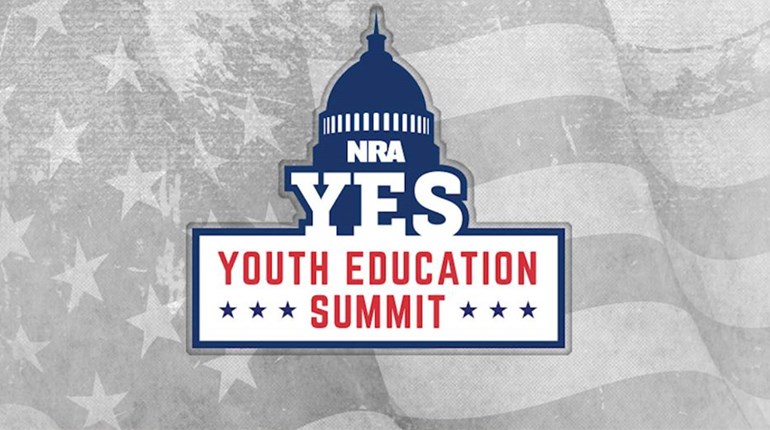
Over the years I have participated in a variety of local shooting competitions and gun club events. I’ve won a few and I’ve lost many. Most recently I won a shoot-off that concluded the 250 Pistol class at Gunsite Academy, the country’s oldest and most prestigious firearm training facility for civilians.

As proud as I was to have accomplished this win, I compete because I like shooting, not because I like competitions. However, it is pretty cool when there is a day you can do it better than the rest.
Through these competitions I have met many different people with many different approaches to shooting and competing. Unfortunately, I have seen opponents become distracted, emotional, and frustrated at their own performance, sometimes succumbing to the pressure of competition and ultimately losing. The process of pressure, anxiety and frustration work through people until their performance suffers. Some people even become visibly shaken by the stress.
Some shooters have asked my professional advice, as a psychologist, about how to stop the downward spiral of competition anxiety, and if there are any tricks to making the shot. In my work, In my practice I treat people with many diagnoses, including Post Traumatic Stress Disorder, depression, anxiety and substance use. I was not surprised to find that the strategies for coping with mental health issues are very similar to the coping skills helpful in improving shooting performance. These strategies work on improving resiliency, the ability of one’s mind and body to work in unison, relaxation skills, self-esteem and confidence. All of these skills are important whether one is competing in a sport or coping with life. Studies show that learning these skills for competition or self-defense improve one’s resiliency for other circumstances in life.
Unfortunately, there are no tricks to magically make you a steady shooter under stress. However, there are skills that you can practice and utilize. One of the cornerstones of performance psychology is recognizing that you are accountable for your skills. You have to recognize that you have practiced enough to be confident and competent in your performance.
When most people hear the words “shooting skills,” they immediately think about speed, accuracy and gun handling. They think about breath control, trigger control and sight picture when they contemplate how to make an accurate shot. Yes, these things are very important to proficient shooting, but they are the tip of the iceberg. What about the mental skills necessary? The ability to control one’s thoughts, emotions and body tension is paramount.
Those who are not practicing these strategies have not reached their full shooting potential, and may not be ready to perform their best in a competition. In order for anyone to shoot the tightest group at the range or make the perfect hunting shots, exercising your mental skills are equally essential.
About the Author: Samantha Mann, MA, is a WV Licensed Psychologist, Licensed Professional Counselor WV, and Nationally Certified Counselor. Raised in West Virginia, Samantha was the youngest of six grandchildren (and the only female) who were raised to love the outdoors and hunting. She has hunted from Texas to Africa, and believes that while Superman gets his power from the sun, her power comes from the outdoors. Samantha lives in southern West Virginia with her supportive husband, who doesn’t mind showing off her trophies to his buddies. She balances her time in the office helping others with time in the outdoors, focusing much of her career on helping children and adults who have been abused, neglected and mistreated.














































